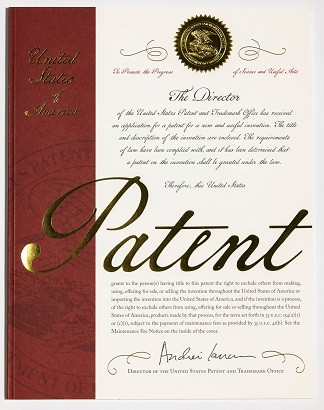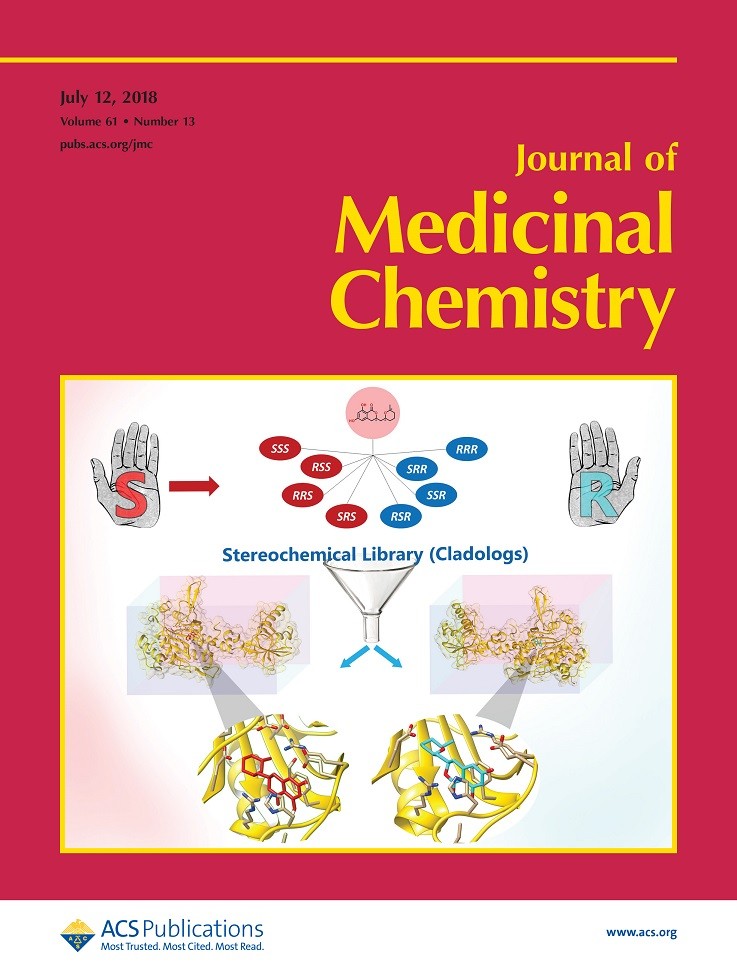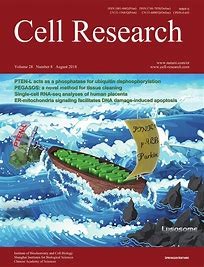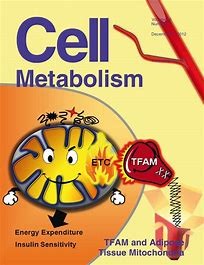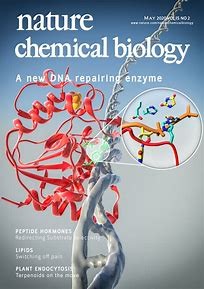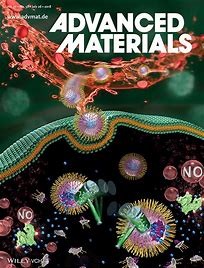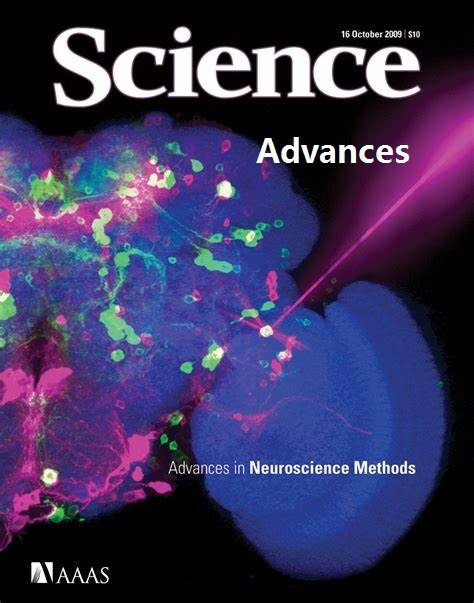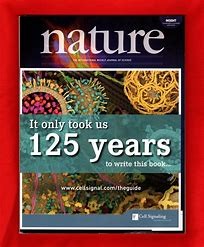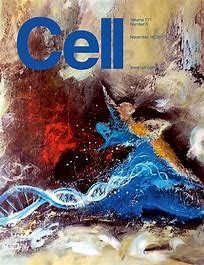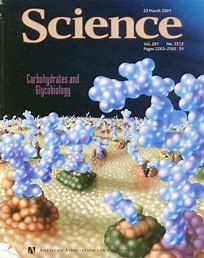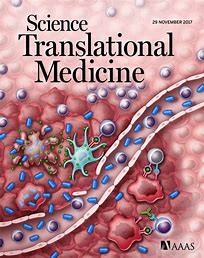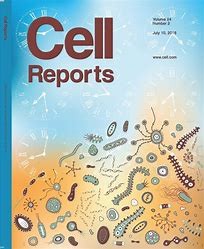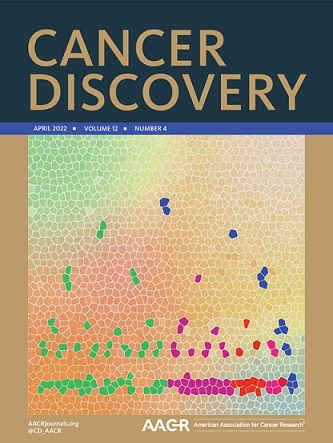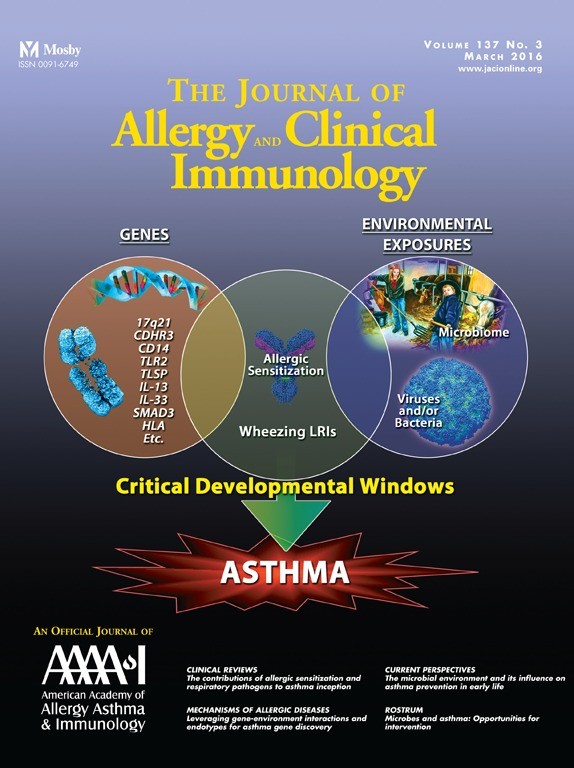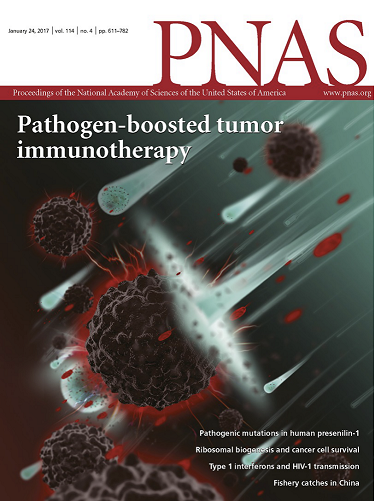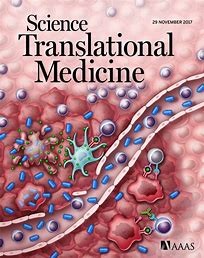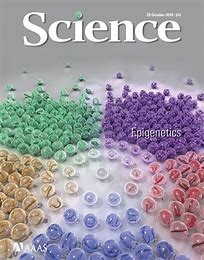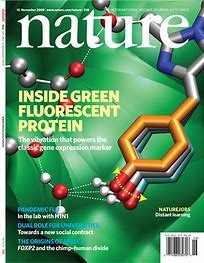SR9238
This product is for research use only, not for human use. We do not sell to patients.
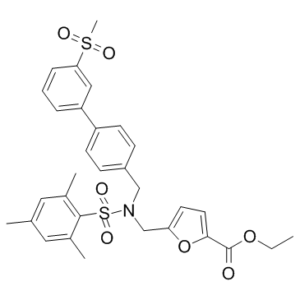
For small sizes, please check our retail website as below: www.invivochem.com
| Size | Price | Stock |
|---|---|---|
| 250mg | $1150 | Check With Us |
| 500mg | $1650 | Check With Us |
| 1g | $2475 | Check With Us |
Cat #: V4045 CAS #: 1416153-62-2 Purity ≥ 98%
Description: SR9238 is the first selective synthetic LXR (Liver X receptor) inverse antagonist with IC50s of 214 nM and 43 nM for LXRα and LXRβ, respectively.
Top Publications Citing Invivochem Products
Publications Citing InvivoChem Products
Product Promise

- Physicochemical and Storage Information
- Protocol
- Related Biological Data
- Stock Solution Preparation
- Quality Control Documentation
| Molecular Weight (MW) | 595373 |
|---|---|
| Molecular Formula | C31H33NO7S2 |
| CAS No. | 1416153-62-2 |
| Storage | -20℃ for 3 years in powder formr |
| -80℃ for 2 years in solvent | |
| Solubility In Vitro | DMSO: ≥ 50mg/mLr |
| Water: N/Ar | |
| Ethanol: N/A | |
| SMILES Code | O=C(C1=CC=C(CN(CC2=CC=C(C3=CC=CC(S(=O)(C)=O)=C3)C=C2)S(=O)(C4=C(C)C=C(C)C=C4C)=O)O1)OCC |
| Synonyms | SR9238; SR 9238; SR-9238 |
| Protocol | In Vitro | Results from the cell-based cotransfection assays demonstrate that SR9238 is a synthetic LXR inverse agonist with IC50s of 214 nM and 43 nM for LXRα and LXRβ, respectively. SR9238 also effectively suppresses transcription from a fatty acid synthase (Fasn) promoter driven luciferase reporter. It is found that SR9238 induces increased interaction of CoRNR box peptides derived from NCoR (NCoR ID1 and NCoR ID2) with both LXRα and LXRβ, while causing decreased interaction with a coactivator NR box peptide derived from TRAP220. SR9238-induced recruitment of CoRNR box peptides is dose-dependent for both LXRα and LXRβ. HepG2 cells treated with SR9238 result in a significant decrease in Fasn and Srebp1c mRNA expression. |
|---|---|---|
| In Vivo | Approximately 6 μM SR9238 is detected in the liver 2h after the injection of SR9238, but no compound is detected in the plasma. SR9238 is also detected in the intestine with either ip or oral administration. SR9238-treated mice display greatly reduced lipid content in the liver. Results demonstrate that both Tnfa and Il1b expression are substantially reduced (~80% and >95%, respectively) in the SR9238-treated mice when compare to the vehicle-treated mice. SR9238-treated DIO mice display considerably lower intensity of F4/80 staining versus vehicle-treated DIO mice consistent with a beneficial effect of SR9238 on non-alcoholic steatohepatitis (NASH). SR9238 treatment does not alter body weight or percent body fat composition relative to vehicle treated animals during the experiment. Treatment with SR9238 suppresses diet-induced hepatosteatosis, hepatic inflammation, and hepatocellular injury. |
These protocols are for reference only. InvivoChem does not
independently validate these methods.
| Solvent volume to be added | Mass (the weight of a compound) | |||
|---|---|---|---|---|
| Mother liquor concentration | 1mg | 5mg | 10mg | 20mg |
| 1mM | 0.0017 mL | 0.0084 mL | 0.0168 mL | 0.0336 mL |
| 5mM | 0.0003 mL | 0.0017 mL | 0.0034 mL | 0.0067 mL |
| 10mM | 0.0002 mL | 0.0008 mL | 0.0017 mL | 0.0034 mL |
| 20mM | 0.0001 mL | 0.0004 mL | 0.0008 mL | 0.0017 mL |
The molarity calculator equation
Mass(g) = Concentration(mol/L) × Volume(L) × Molecular Weight(g/mol)
Mass
=
Concentration
×
Volume
×
Molecular Weight*
The dilution calculator equation
Concentration(start)
×
Volume(start)
=
Concentration(final)
×
Volume(final)
This equation is commonly abbreviated as: C1 V1 = C2 V2
Concentration(start)
C1
×
Volume(start)
V1
=
Concentration(final)
C2
×
Volume(final)
V2
Step One: Enter information below
Dosage mg/kg
Average weight of animals g
Dosing volume per animal µL
Number of animals
Step Two: Enter the in vivo formulation
%DMSO
+
%
+
%Tween 80
+
%ddH2O
Calculation Results:
Working concentration:
mg/ml;
Method for preparing DMSO master liquid:
mg
drug pre-dissolved in
µL
DMSO(Master liquid concentration
mg/mL)
,Please contact us first if the concentration exceeds the DMSO solubility of the batch of drug.
Method for preparing in vivo formulation:
Take
µL
DMSO master liquid, next add
µL
PEG300, mix and clarify, next add
µL
Tween 80,mix and clarify, next add
µL
ddH2O,mix and clarify.
Note:
- (1) Please be sure that the solution is clear before the addition of next solvent. Dissolution methods like vortex, ultrasound or warming and heat may be used to aid dissolving.
- (2) Be sure to add the solvent(s) in order.
